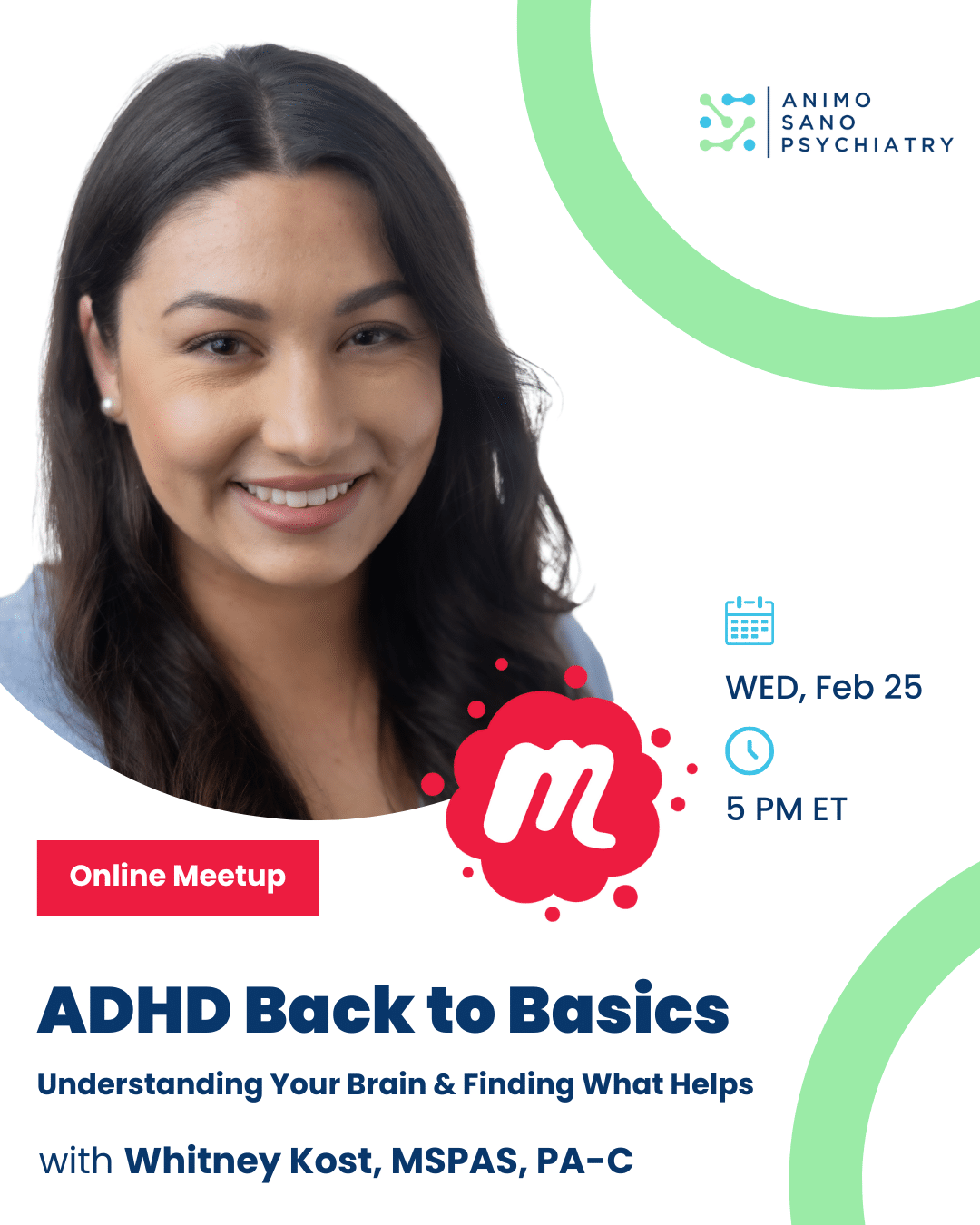
Procrastination is often misunderstood as laziness, but for individuals with ADHD, it reflects deeper challenges with attention, time perception, and emotional regulation. The difficulty in starting tasks isn’t about lacking willpower—it’s rooted in how the ADHD brain processes information and responds to demands, often leading to frustration, guilt, and a cycle that’s hard to interrupt.
What Is Procrastination?
Procrastination involves unnecessarily delaying an important task despite knowing there will be negative consequences. Often tied to anxiety, fear, or overwhelm, this behavior isn’t always harmful—active procrastination (delay followed by focus and success under pressure) can even be productive. But when delays become chronic, they affect productivity, emotional well-being, and self‐esteem. Around 20–25% of adults experience chronic procrastination, especially those with ADHD.

How is ADHD Procrastination Different?
For individuals with ADHD, procrastination goes deeper than poor time management. It stems from executive function deficits—including inattention, poor planning, time blindness, and difficulty with emotion regulation.
Key ADHD Traits Fueling Procrastination
- Time Blindness & Temporal Discounting
ADHD brains often undervalue future rewards and struggle to sense the passage of time. - Emotional Avoidance
Tasks that trigger stress or negative feelings are put off to avoid emotional discomfort. - Executive Dysfunction
Poor organization and planning make it hard to start tasks, breaking projects into steps, or estimating time accurately. - Perfectionism & Fear of Failure
High internal standards can lead to avoidance—better not to start than risk falling short.
Result? The procrastination‑avoidance cycle: a loop of negative emotions → delay → stress → self‑criticism → repeat.
How to Overcome ADHD Procrastination
Moving from theory to practice, here are evidence‑based strategies to manage ADHD-related procrastination. These are grouped into mindset shifts, tools and techniques, professional support, and lifestyle habits.
1. Shift Your Mindset
- Self‑Compassion
Research shows that harsh self‑criticism worsens stress and procrastination, while self‑compassion improves motivation and task engagement. Gently remind yourself: “This is ADHD—not a character flaw.” - Define Active vs. Maladaptive Delay
Understand that occasional delays can be strategic. The goal isn’t perfection—it’s balanced productivity. Recognizing this reduces shame and supports more realistic expectations.
2. Tools & Techniques
- Break Tasks into Micro‑Steps
Large tasks feel overwhelming. Dividing them into tiny, specific actions (e.g., “open a new doc versus write entire paper”) reduces paralysis. - Time Structuring Strategies
Use timers (Pomodoro method), visible schedules, or alarms. Tracking how long tasks actually take helps recalibrate planning. - Body Doubling
Working alongside another person—even virtually—helps sustain attention and accountability. This technique is popular in ADHD coaching. - Reward System
Pair tasks with immediate, meaningful rewards—take breaks, have a favorite snack, or enjoy social time after each step. - Environmental Design
Remove distractions by creating tidy, quiet workspaces free from phones or unrelated tabs. Low-context environments reduce temptation.
3. Professional Support
- Cognitive Behavioral Therapy (CBT)
CBT helps reframe negative beliefs, boost planning skills, and foster accountability. Studies show it’s highly effective for ADHD procrastination . - ADHD Coaching
Coaches partner with individuals to set realistic goals, track progress, and adjust strategies—boosting motivation and follow-through. - Medication
Stimulants and non-stimulants improve attention, executive function, and temporal perception—supporting the ability to initiate and sustain tasks. Always consult a psychiatrist.

4. Lifestyle Habits
- Mindfulness & Emotional Regulation
Mindful breathing or grounding techniques help reduce emotional triggers that lead to procrastination. - Consistent Routines
Regular sleep, exercise, and meals stabilize executive function and mood, making self-management easier. - Social Accountability
Join study groups, coaching sessions, or peer-support circles. Shared goals reduce isolation and reinforce positive habits.
Final Thoughts
ADHD creates real barriers to task initiation—time blindness, executive dysfunction, emotion regulation issues, and fear of failure. But it’s not the end of the story. With compassion, practical tools, and professional support, breaking free from the procrastination cycle is possible.
If ADHD-related procrastination is holding you back, start small: pick one tool—like micro‑tasking or timers—and build from there. Each small success reinforces motivation, resets emotional patterns, and brings you closer to consistency.
Responsibly edited by AI
Other Blog Posts in
Animo Sano Psychiatry is open for patients in North Carolina, Georgia and Tennessee. If you’d like to schedule an appointment, please contact us.
Get Access to Behavioral Health Care
Let’s take your first step towards. Press the button to get started. We’ll be back to you as soon as possible.ecovery, together.




